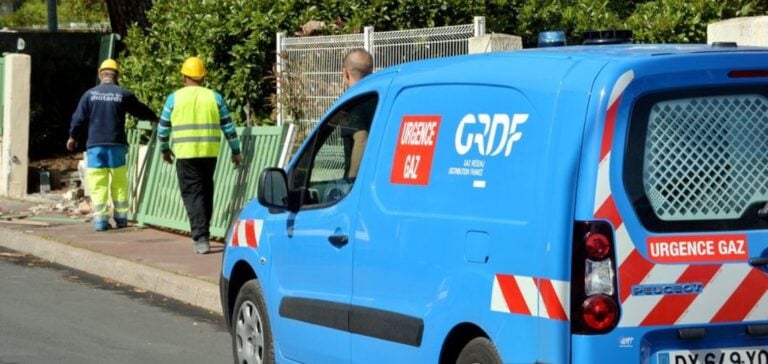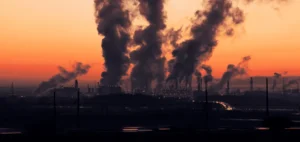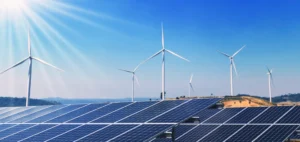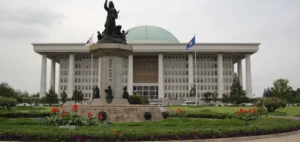The increase in gas prices in France, scheduled for July 1, comes at a time when debates about purchasing power are dominating the political scene. This 11.7% increase in gas prices will raise the average annual household bill from €1,060 to €1,184, according to data provided by gas network operator GRDF (Gaz Réseau Distribution France). This tariff revision, which comes despite a fall in gas prices on international markets since the start of the year, is raising questions and concerns among consumers and political players alike.
Reasons for price rises
The main reason for this increase is the revaluation of the gas transmission tariff, a cost that suppliers pass on directly to consumers. This rate, often referred to as the “network rate”, covers around a third of the total gas bill. It is essential to finance the maintenance and modernization of gas infrastructures, while enabling the gradual integration of biogas into the network. This increase is deemed necessary to ensure the reliability and sustainability of France’s gas distribution network. The Commission de Régulation de l’Energie (CRE), the sector’s regulatory authority, announced the network tariff increase and its impact on July bills back in February. However, confirmation of the increase on June 10 coincided with a busy election period, prompting strong reactions from candidates and political parties.
Political reactions and election promises
The new gas rate hike was quickly used as political leverage. The vice-president of the Rassemblement National (RN), Sébastien Chenu, has promised that, if his party were to accede to Matignon, one of its first measures would be to halt this price rise. This promise was echoed in the ranks of the New Popular Front, the left-wing coalition, which is also proposing similar measures to protect French purchasing power. However, any intervention on gas prices must comply with article L410-2 of the French Commercial Code, which allows prices to be frozen for six months only in exceptional circumstances. This restriction makes the implementation of political promises more complex than it might seem.
Economic outlook and government action
Economy Minister Bruno Le Maire sought to allay fears by announcing a planned 10-15% cut in electricity tariffs in February. This reduction is due to lower wholesale electricity prices and an exceptionally high year in 2022, which will no longer be taken into account in tariff calculations. According to Nicolas Goldberg, energy expert at Colombus Consulting, this reduction will mechanically translate into lower electricity bills for consumers. The CRE continues to play a crucial role by publishing its monthly “benchmark price” for gas, a reference enabling consumers to compare the offers available on the market. Since the disappearance of regulated tariffs in June 2023, most gas offers have been indexed to this index, and the July increase will probably be passed on in the same proportions. However, suppliers retain a certain degree of freedom in passing on this increase, creating an opportunity for consumers to play the competition. This increase in gas prices in France, although announced and explained, comes in a sensitive political context where purchasing power remains a major issue. The next few weeks will be crucial in assessing the impact of these tariff adjustments on French households and on the political dynamics underway.






















